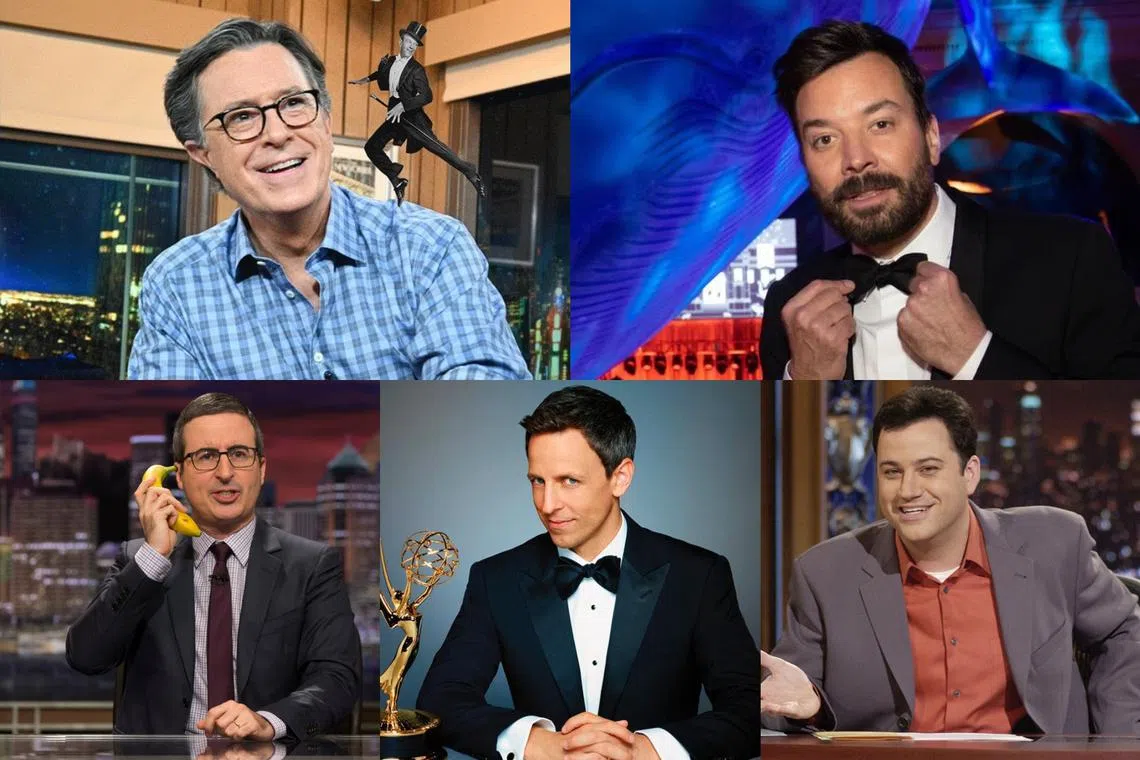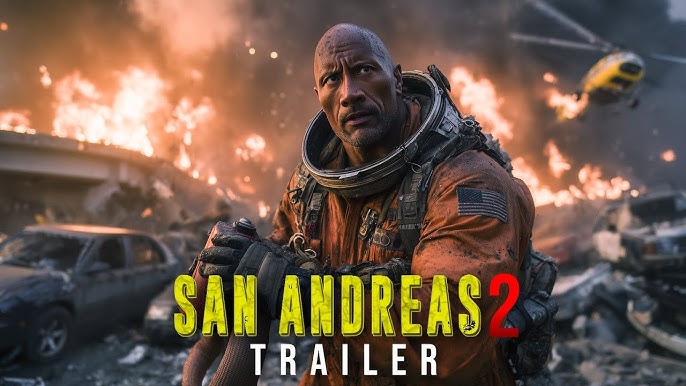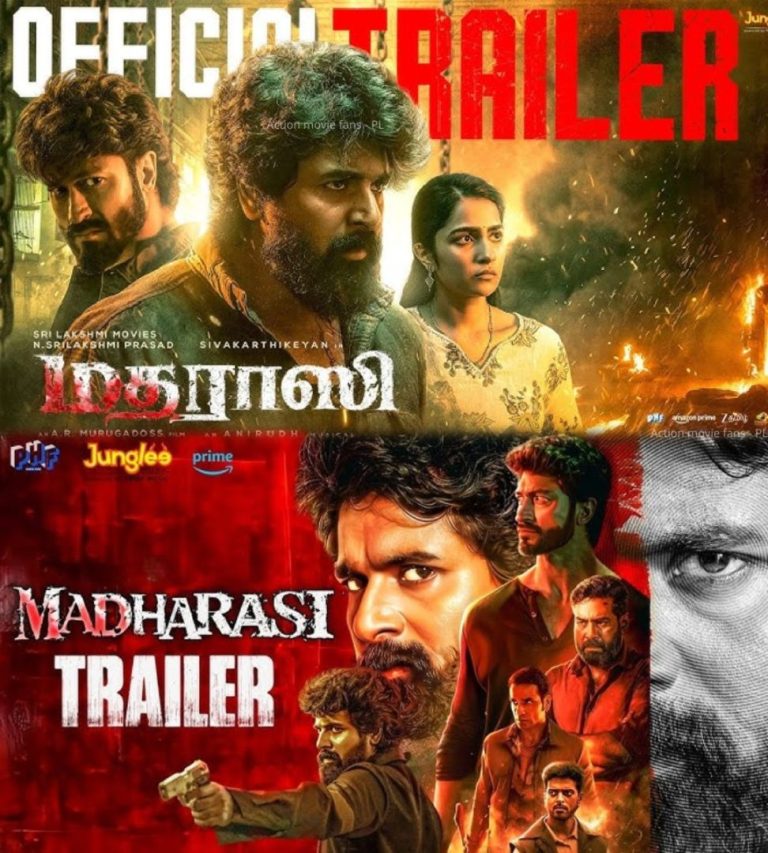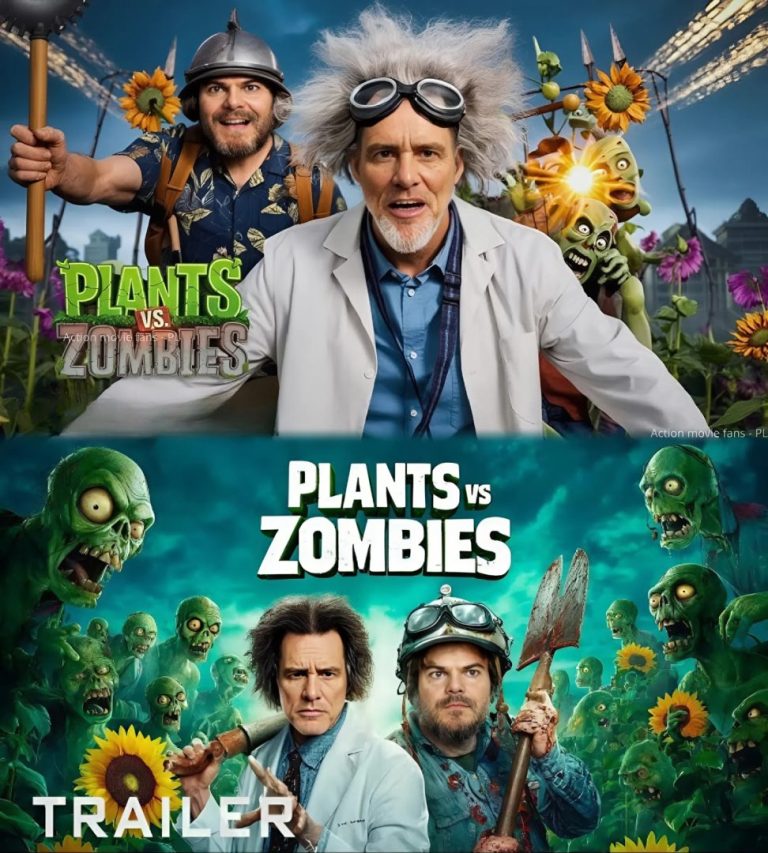Stephen Colbert’s Defiance Sparks Late-Night Uprising — Fallon, Meyers, and Oliver Join the Revolt
When CBS executives decided to axe Stephen Colbert’s latest project, they may have expected the move to be just another corporate reshuffle in the volatile world of television. Instead, they appear to have ignited something far larger — a chain reaction of rebellion across late-night comedy that some insiders are already calling a “reckoning moment” for the entertainment industry.
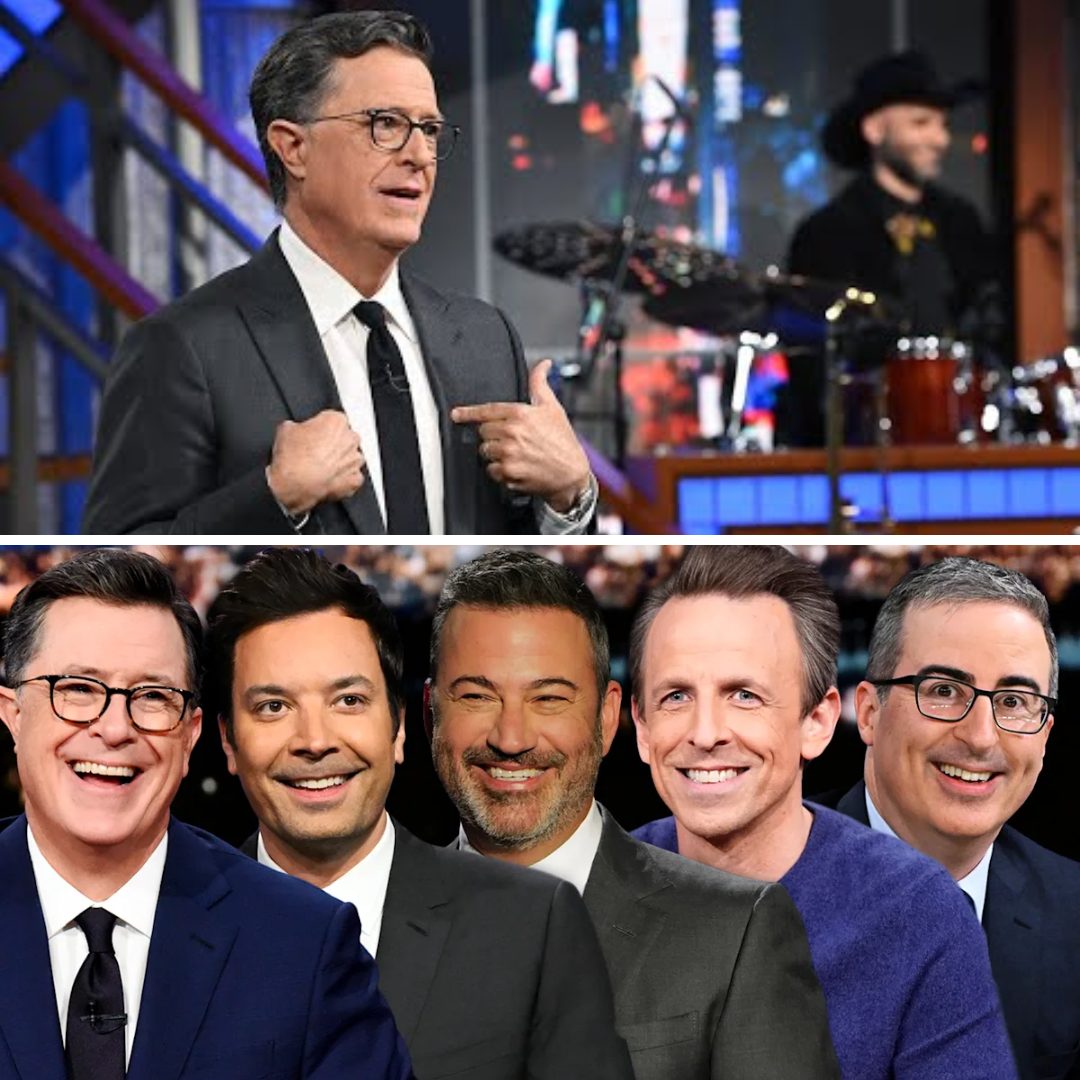
In a fiery backstage remark that quickly went viral, Colbert allegedly quipped: “If CBS thinks they can shut me up, they clearly haven’t met the monsters of late-night yet.” Within hours, that soundbite was being replayed not just on rival networks but across social media feeds, sparking debates about censorship, corporate overreach, and the fragile future of comedy on television.
But what came next stunned even seasoned Hollywood observers. According to multiple industry insiders, Colbert has not been left to fight this battle alone. Heavyweights Jimmy Fallon, Seth Meyers, and John Oliver have quietly thrown their support behind him — not just with words of solidarity, but with a rumored campaign that could redefine the rules of late-night programming.
A Shadow War in Studio City
Reports suggest that in the weeks following CBS’s decision, secret meetings have been taking place in quiet corners of New York and Los Angeles. Sources describe these gatherings less as casual dinners and more as “strategy sessions” where the late-night hosts have been plotting next steps together. One executive familiar with the matter compared the tone of these sessions to a political war room.
“The vibe is something between an HBO political thriller and a writers’ strike meeting,” said one anonymous producer. “They’re not just venting. They’re planning. They want to take back control of the medium itself.”
The key goal, according to those close to the discussions, is nothing short of audacious: to build a network-resistant platform for late-night comedy. That could mean a collaborative streaming venture, an independent distribution model, or even a live broadcast alliance that operates outside the reach of traditional network executives.
The Industry in Shock
Predictably, the very idea of a coordinated late-night revolt has sent ripples through Hollywood. Studio heads are reportedly scrambling to understand the scope of the potential threat. Some analysts have already begun calling this the most significant challenge to network television’s authority since the early days of cable.
“If these comedians unite under one banner, it would be catastrophic for legacy networks,” warned media analyst Carla Donahue. “Audiences are already drifting toward digital platforms. A late-night insurgency backed by household names could accelerate that collapse dramatically.”
Others, however, believe the movement might be more symbolic than structural. Veteran TV columnist Martin Lopez suggests that the rumored alliance could be a strategic bluff — a way to apply pressure on networks during contract negotiations.
“Colbert and his peers are masters of performance,” Lopez noted. “It’s entirely possible this ‘rebellion’ is theater meant to scare executives into loosening creative restrictions. If so, it’s brilliant. The spectacle alone generates momentum.”

Divided Public Opinion
The drama has, unsurprisingly, spilled into the court of public opinion. Fans have flooded Twitter, TikTok, and Reddit threads with hashtags like #ComedyRevolt and #FreeColbert, many cheering the hosts for standing up to corporate censorship.
“Finally, comedians are fighting back instead of playing safe,” wrote one user. “Late-night has gotten too sanitized. We want raw, fearless comedy again.”
But not everyone is convinced this battle is noble. Critics argue that the comedians are leveraging outrage to protect their own influence rather than to serve viewers.
“Let’s be real — this isn’t about freedom of speech,” countered another commenter. “It’s about ratings, contracts, and egos. If Colbert and Fallon cared about free expression, they wouldn’t be on network payrolls in the first place.”
The debate has even attracted political undertones, with some framing the uprising as a culture war issue. Conservative commentators have dismissed the revolt as “self-indulgent liberal theater,” while progressive outlets have framed it as a much-needed push against corporate censorship.
Hollywood on Edge
For now, Hollywood is in a state of suspended anticipation. Agents are whispering that if the alliance solidifies, we could see a late-night broadcast crossover unlike anything in television history — perhaps even a joint live event that would rival political debates or award shows in viewership.
Networks, however, appear unwilling to concede ground. CBS has remained largely silent on the matter, issuing only a vague statement about “creative realignment” and “long-term strategic vision.” NBC and HBO, meanwhile, have declined to comment on whether their late-night stars are indeed conspiring off-camera.
Behind the silence, though, is a clear sense of unease. “Everyone’s watching their contracts now,” one studio lawyer revealed. “If even one host makes a dramatic move, it could trigger a domino effect.”
The Road Ahead
Whether the so-called “comedy insurgency” becomes a genuine revolution or fizzles out as a publicity stunt remains to be seen. What is certain is that Colbert’s defiance has reopened a conversation about the role of late-night television in an era dominated by streaming services, YouTube personalities, and viral TikTok creators.
For decades, late-night hosts were the cultural referees of American entertainment, blending satire with social commentary in ways no other medium could match. But in recent years, their influence has been challenged by the rise of independent online voices who don’t answer to corporate sponsors or network executives.
Now, ironically, it may be Colbert, Fallon, Meyers, and Oliver — once seen as the establishment — who position themselves as outsiders fighting for creative freedom.
A Revolution in the Making?
As one Hollywood agent put it bluntly: “If these guys actually pull this off, it won’t just be a late-night revolution. It will be the moment networks lost control of comedy altogether.”
For audiences, the prospect is electrifying. Whether this revolt produces a groundbreaking new platform or merely adds a chapter to late-night’s long history of backstage drama, the excitement is undeniable.
Because when Stephen Colbert sharpens his wit, and Jimmy Fallon, Seth Meyers, and John Oliver grin in the shadows, the punchline isn’t just a joke anymore. It’s a warning — and maybe the opening line of a new era in comedy.
